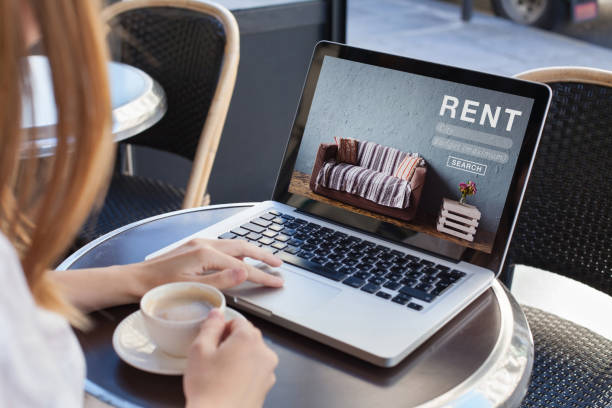So you just purchased a few rental properties. And like a typical landlord, you want to grow your business and make substantial profits from your investment. But, since you are new to the business, you may not know the ropes. This may leave you prone to mistakes that could jeopardize your business.
Lucky for you, we have put together a few tips for newbie landlords like you. These tips won’t only help you stay organized or overcome obstacles most first-time landlords face. It’ll also help you scale your new business.
- Select a suitable rental property
When looking for a property to invest in, don’t choose impulsively. Do your research. Speak to experts. Even as you do these, note this: you make your money when you buy, not when you sell.
So, try to find a property with suitable ROI, one that can attract a good monthly cash flow. Next, make sure you account for miscellaneous things like vacancies and maintenance. They’ll eat 15%-20% of the property’s potential rental income.
Before choosing a property, try to get into tenants’ minds. What are they looking for? Use these checklists to make your decision:
- It’s situated in a desirable or promising environment
- It has an acceptable rent-to-price ratio (meaning you should be able to charge rent for a minimum of 1% of the final price paid)
- The price of the property is likely to appreciate
- It comes with benefits that tenants like: access to public transportation, dedicated parking, security, high-speed internet, pet-friendly, outdoor space, etc.
- Screen potential tenants thoroughly to choose the best
Are you thinking of relaxing your screening procedure as tenants are falling short of your requirements, and you want to fill your property ASAP? If you are, then we advise that you rethink your decision.
Did you know that hiring a bad tenant can cost you a lot? Your reputation and business are on the line. So, don’t relax your tenant screening process. Instead, make It more thorough so you select the best tenants.
Your screening procedure should require
- Proof of income
- Employment history
- Contact info
- Current and a minimum of three former addresses, if possible
- A credit check
- Background check
- Criminal history check
- References
Contact two previous landlords of the applicant to inquire about their character. You can also drive by their previous apartments to see how well they maintained them. All these can take a toll on you, especially if you have multiple properties. To lessen the burden, we advise that you use software for this purpose.
- Leverage property management software
Managing a property can be a hell of a task, especially for newbies. But what if you own several properties? How do you keep up with tenant inspections, house rents, manage your finances, etc.? That is where property management software comes in.
You can manage properties with software, regardless of their numbers. This tool is designed to help you perform tasks like rent collection and tenant vetting. It can also be used to track leases, resident and maintenance tasks, etc.
- State lease violations clearly.
Many landlords include terms in their rental agreements, but they fail to state the consequences of violating the terms.
What happens when a tenant makes a late rent payment or damages something in your property? Your lease should contain the repercussions of violating the terms of your rental agreement. You should also include the process for handling the violations, fines, evictions, and written warnings, etc.
- Know beforehand who is paying for utilities
Will you be the one to cover the utility bills? Or will your tenants be the ones paying for gas, water, sewer, trash pickup, etc.?
It’s important that you clear the air on who is responsible for the utility bills. Don’t assume that what works for your property in Manhattan will work for your property in Florida. Different properties and municipalities come with different requirements.
- Carry out regular inspections and make periodic updates
Some landlords are fond of abandoning their property after leasing it. They stay away from the apartment after all vacancies have been filled out and only step foot in the apartment when issues arise. You shouldn’t adopt such a habit. Instead, ensure you conduct regular walk-through inspections, probably once or twice every six months. This will help you keep track of the happenings in the property while also ensuring that the tenants are happy.
In addition to carrying out regular inspections, try to set aside money for periodic updates and upgrades. You can decide to change the light fixtures to modern alternatives. Don’t wait for tenants to complain before making necessary upgrades. If you value your property and make an effort to keep it in shape, your tenants will do likewise.
Conclusion
Being new to the rental property business makes one prone to mistakes or not knowing what to do during certain situations. However, with this post, we hope you have the guidance you need to run your rental property business like a pro.

